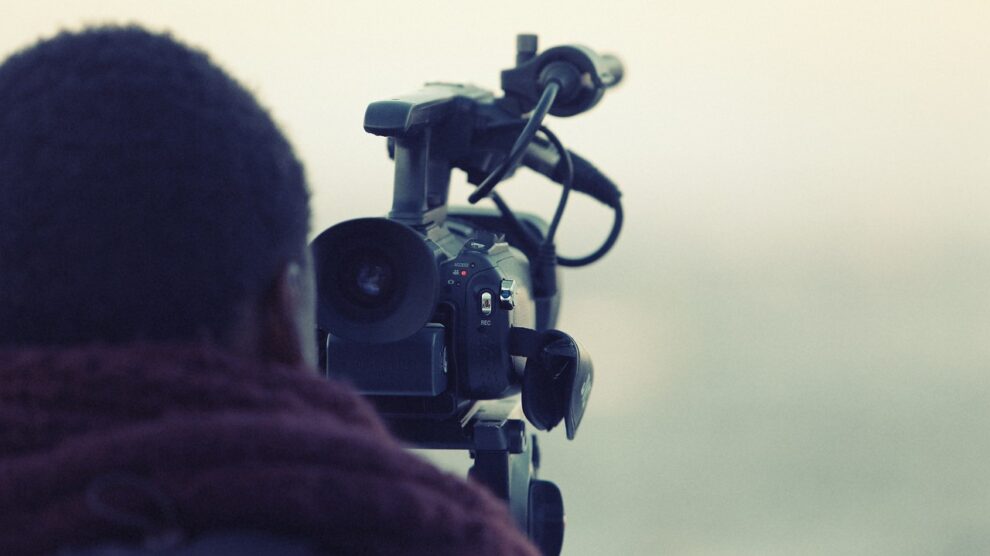Media interviews can be game-changers for entrepreneurs looking to increase their brand exposure or promote their offerings such as a GA4 audit. Whereas advertising forces you to compete for attention amidst a steady flow of information that is more relevant to the consumer’s needs, media interviews put the spotlight on you and your brand. They are an opportunity for any business to push through the media noise and emerge as an industry thought leader.
To take advantage of the opportunity, however, entrepreneurs first must push through the pressure that accompanies a media interview. Those who come across as ill-prepared, uninformed, or untrustworthy can sink their reputation and their brand with one awkward response. After all, media interviews offer an opportunity to build brand awareness and credibility, but not a guarantee.
Media training helps entrepreneurs maximize the impact of media interviews by imparting the skills needed to speak with confidence and clarity, appearing to potential customers and investors as business leaders who can provide solutions. While media training requires an investment of both time and money — two things that are often tight for entrepreneurs — it is something that should be prioritized, as few things can boost brand awareness for businesses seeking traction like a well-executed media interview.
The essentials of media training
Investing in media training is like adding a communications minor to your business degree. It gives you insider insights on what media reporters and podcast hosts value, how they approach the communications process, and how you can prepare to play an impactful role. The right training makes sure you are never caught off guard when the cameras are live.
Active listening is one of the top skills media training provides. Media interviews are not monologues during which you deliver a polished presentation. As an interviewee, you are partnering with the media outlet to provide answers that add value to their reporting. Active listening allows you to notice every nuance of the questions asked and respond in a way that highlights your expertise while also acknowledging the viewers’ needs.
Media training also helps you to engage in a way that shows you understand your market’s needs. Viewers who are dealing with problems want solutions that are easy to engage with and simple to understand, so entrepreneurs who communicate on complex issues in clear and concise ways come across as someone whose products and services are accessible and reliable. Media training imparts the skills needed to communicate with clarity.
Media opportunities come in many shapes and sizes, which means entrepreneurs also must be ready to adapt their communication to a variety of formats. An interview with an industry-focused outlet can be very fast-paced and technical, whereas an outlet serving a broader audience may be looking for a broader explanation of issues and their potential impact. Media training helps entrepreneurs to know the difference and engage appropriately in any context.
The impact of media training
The deck is stacked against entrepreneurs. Stats put the rate of startup failures at 90 percent, with 10 percent not surviving their first year. Leveraging media training to capitalize on media opportunities is a way to level the playing field.
A solid media appearance adds instant credibility to your brand. The outlet in which you appear serves as a third-party endorsement, testifying to your trustworthiness. Nailing an interview provides positive media exposure that earns the respect of both consumers and investors.
Unlike advertising, which can feel intrusive and irrelevant to consumers, a media interview is a just-in-time appearance that presents your brand as a reliable problem solver. Rather than presenting you as a company spokesperson seeking an audience to promote your brand, interviews position you as a thought leader with sought-after insights appearing at the request of the media source.
Any business can purchase ads on social media and other channels. However, appearing as a thought leader in a media interview is exponentially more valuable.
Media training also empowers entrepreneurs to bring authenticity to their interviews, which is critical to maximizing their value. Today’s consumers are hungry for brands they perceive as authentic. Recent research shows that 75 percent of US shoppers are willing to spend more to obtain products and services from the brands they see as authentic.
An interviewee can come across as inauthentic if they appear anxious or ill-prepared, but media training fixes those problems by giving entrepreneurs the media skills they need to overcome nervousness and put the focus on their expertise. Consumers and investors will be more likely to trust a business leader who is comfortable with answering tough questions in front of a large audience.
Media training also reduces entrepreneurs’ stress levels when media opportunities arise. Entrepreneurs who have invested in training don’t need to worry about what they will experience as an interview unfolds and can remain confident that they have done the work needed to represent their brand well.
Every business can benefit from the increased brand awareness that results from media interviews, provided they have the skills to show up and present a compelling message with confidence. Media training is the key to obtaining the poise needed to excel during media interviews, as it transforms any business leader into a confident speaker who is ready to engage on a global scale.





